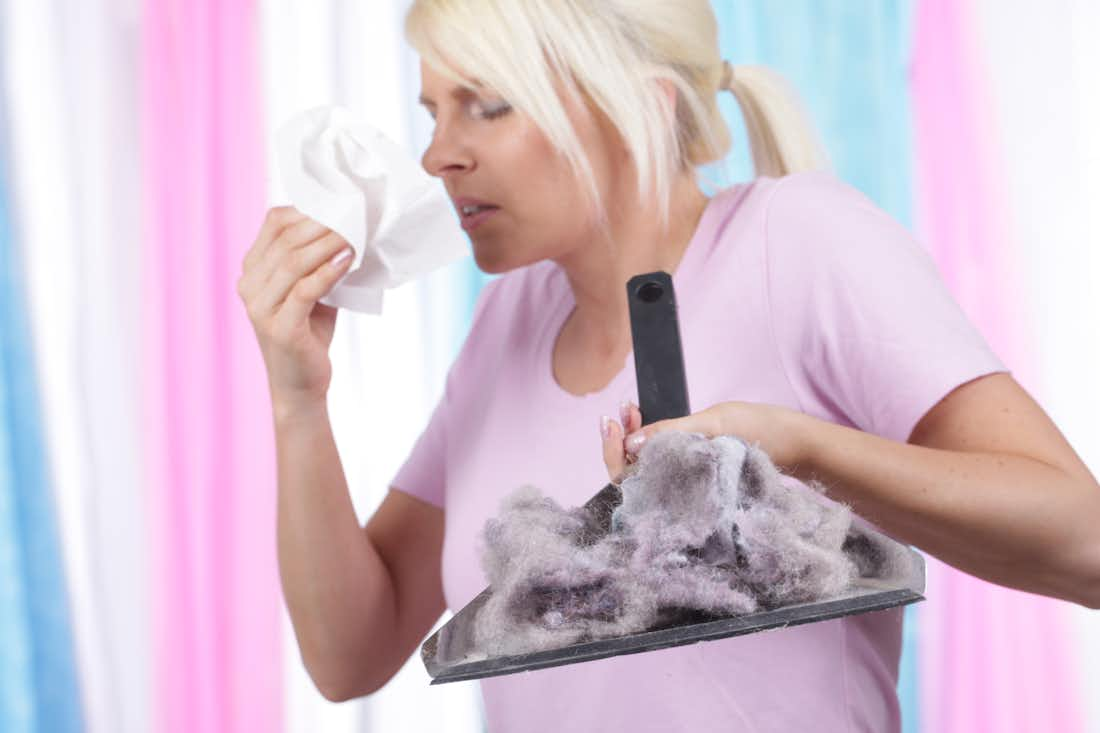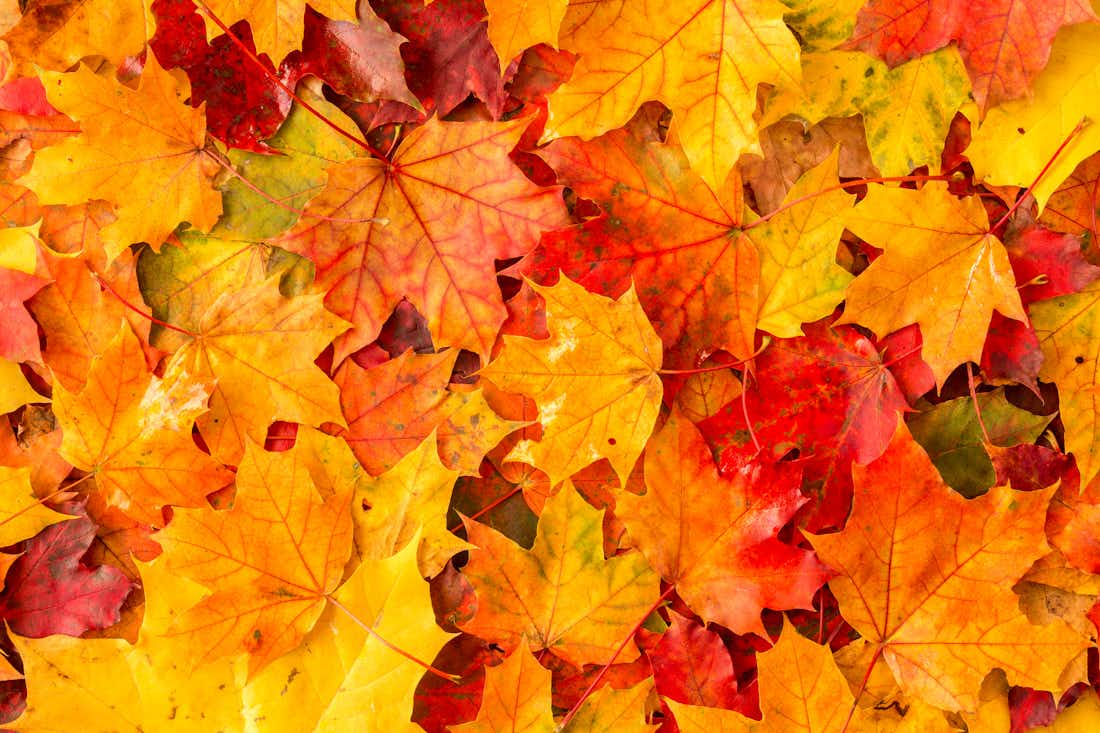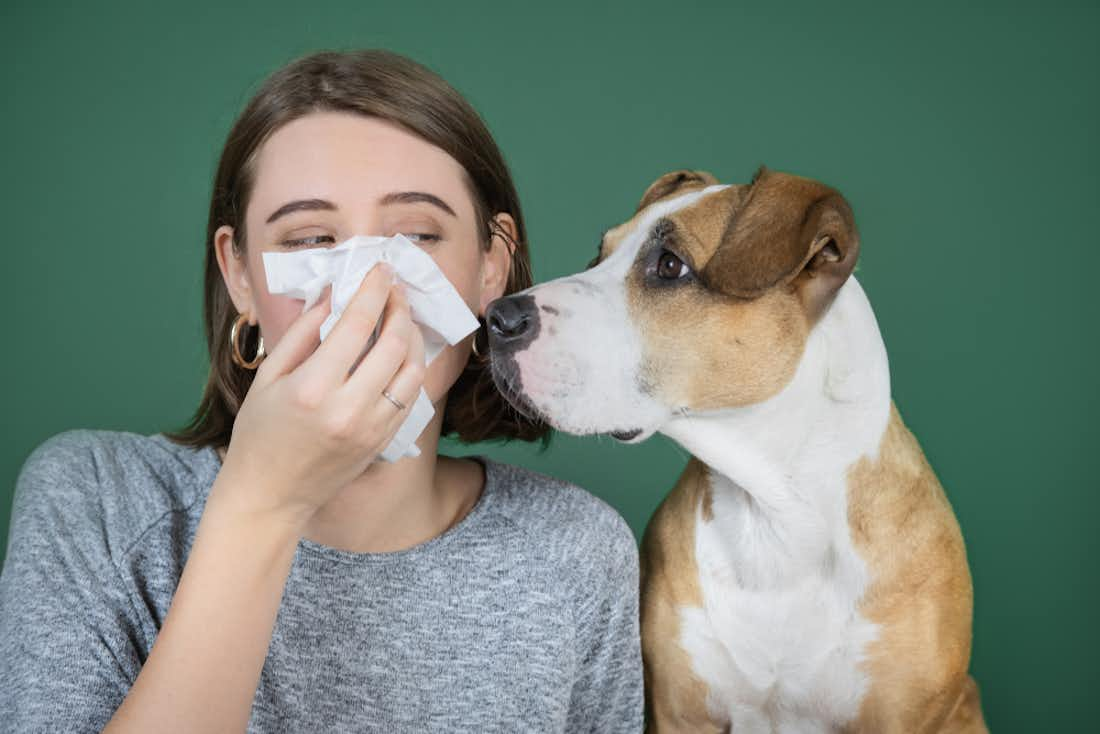Nov 11, 2021
Why Do Allergies Make You Tired?
4 minute read
When you feel exhausted, tackling your daily tasks can be nearly impossible. It’s even harder to get things done when you’re suffering from seasonal allergies and fatigue at the same time.
A runny nose, constant sneezing, and that irritating scratchy feeling in your throat are no fun, but these allergy symptoms are even harder to manage when you’re always feeling tired.
What if your allergy symptoms and your fatigue are linked? What if finding relief for your allergies could help you get your energy and motivation back? In this post, we’ll demystify the question, so many allergy sufferers ask – why does hay fever make me so tired?
First Off: What Causes Seasonal Allergies?
Seasonal Allergies, also known as hay fever or allergic rhinitis, are the reaction of an oversensitive immune system to airborne particles. These particles, often called allergens, trigger uncomfortable symptoms in certain people, but they cause no reaction in others. Why is this?
Simply put, some people have more sensitive immune systems than others. If your body naturally produces more of an IgE antibody, you’re more likely to suffer from seasonal allergies. However, other factors, such as heredity and frequent exposure to allergies, might increase your risk of dealing with hay fever.
Seasonal allergies usually cause symptoms during one specific part of the year. However, some people deal with perennial hay fever, meaning they’ll start experiencing symptoms year-round when exposed to specific allergens. Common year-round allergy triggers include mold, dust mites, and ragweed pollen.
What Are the Symptoms of Seasonal Allergies?
The symptoms of allergic rhinitis are similar to the common cold. However, allergy symptoms aren’t contagious, so you don’t have to worry about “catching” them from someone else.
Common symptoms of hay fever include:
- Sneezing
- Coughing
- Sore Throat
- Itchy, Watery Eyes
- Sinus Pressure and Headaches
- A Runny Nose
- Tiredness
Hay fever symptoms are uncomfortable, but they aren’t dangerous. At worst, your risk of developing a sinus infection may increase during allergy season, which can require you to take an antibiotic to recover. However, your seasonal allergies will most likely go away once fewer of your allergy triggers are floating around in the air.
Allergies and Fatigue: What’s the Connection?
If you always feel tired during allergy season, we’ve got a few explanations for you. Below are the primary ways that allergies can make you exhausted.
Allergies Engage Your Immune System
When you’re in the throes of allergy season, your immune system is in high gear, using up a lot of energy to produce chemicals called histamines. Histamines regulate your body’s inflammatory response, and they are the key players behind your allergy symptoms.
When your immune system’s production of histamines kicks up, your body goes into a prolonged state of discomfort. All of that discomfort can leave you physically exhausted – even if you get plenty of sleep!
Dealing With Symptoms Can Wear You Out
When your allergies make you feel miserable, you’re likely to notice a decrease in your energy and motivation.
A sore throat, itchy eyes, and other uncomfortable symptoms can make heading out the door in the morning seem like a daunting task, especially if you’ve already been dealing with those symptoms for weeks or months.
If your allergy symptoms make you feel demotivated and exhausted, the best solution is to find a treatment that works for you. If you’re not sure where to start, we’re here to help. You can book an online consultation with one of our allergists to get a clearer sense of what allergy treatment looks like.
You’re Taking a “Drowsy” Antihistamine
Antihistamines are allergy relief medications specially formulated to lower your body’s production of the chemicals in your body that cause allergy symptoms. Many of the most popular antihistamines are made to be taken in the morning, and they don’t tend to cause any fatigue or drowsiness.
However, the first antihistamines that hit the shelves in the mid-20th century all had one side effect in common – they make you drowsy. Medications like Benadryl and NyQuil can help combat allergy symptoms, but you can quickly feel an onset of tiredness after taking them.
Because some antihistamines cause drowsiness, it’s essential to schedule your treatment routine so that it won’t sabotage your day. That means taking non-drowsy antihistamines in the morning and using meds with the potential to make you sleepy in the evening.
Finding Relief For Your Allergies
If your allergies have stolen your energy and made you feel lifeless and frustrated, it’s time to find a treatment that works for you.
At Cleared, we view everyone’s allergy symptoms as unique, so we never recommend a “one-pill-fits-all” approach to manage allergy symptoms. Instead, we build our personalized treatment plans using science-backed allergy management strategies.
Immunotherapy
Allergen immunotherapy is a well-tested long-term treatment for seasonal allergies. This type of treatment works by slowly decreasing your immune system’s sensitivity to specific allergens, helping you get relief from your symptoms over time.
There are two types of immunotherapy for allergies – sublingual and subcutaneous. Sublingual treatments are taken orally or deposited under the tongue, whereas subcutaneous treatments are shots that an allergist administers. Both of these treatment methods have been highly effective for managing and long-term treatment of seasonal allergies.
Daily Allergy Relief Medications
Another way to get relief from your allergy symptoms is taking prescription or over-the-counter antihistamines. One of our allergists can help you find an antihistamine that works best for you, which you can then take daily to help you manage symptoms.
Conclusion
Dealing with allergies – and the fatigue they often cause – can be a challenge, but you don’t have to face it alone. Book an online consultation with one of our allergists, and we’ll help you get started with managing and treating your allergy symptoms.
Sources:
Related Articles
Healthy habits start here
Sign up to receive exclusive offers and ongoing advice



